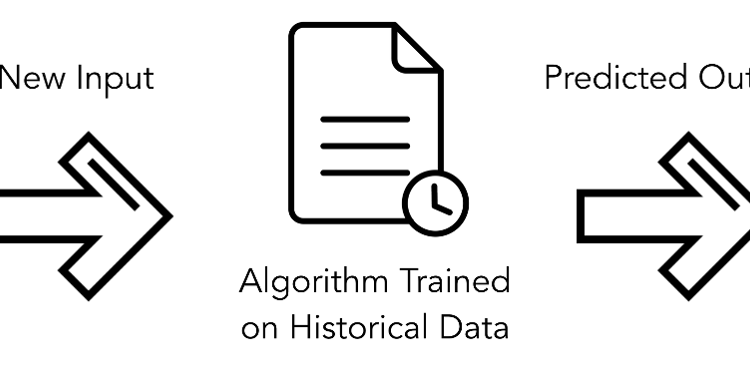
Farnam Street is one of the blogs that relentlessly explores mental models. It’s important to be aware of the concept of mental models because it builds a worldview which is different than the one we commonly carry, whereby everything that isn’t science is unstructured, subjective and even elucid. Mental models are a way to give a little bit of structure to a lesser scrutinized aspect of the human psyche — the thought process. Mental models look at the human mind like the ridiculously evolved system that it is, but one that can be trained. Along those lines is this comparison of a philosophical concept like intuition with the science of artificial intelligence, which may help us find actionable insights to better our own intuition, so we make better quality decisions.
Let’s look at what goes into making good machine learning models, so we find the human life equivalence to get the same results i.e. build a good intuition.
1) Quantity of data
As aforementioned, machine learning models learn from a ton of data, and in this case more the merrier. Good models are often built using crazy amounts of data. As in the law of large numbers — bigger the sample size, greater the accuracy of the result. In our lives, opening ourselves to new experiences builds us as people. We experience, learn and grow from them. We learn to deal with different people and situations, and that develops our understanding of the world. Some call it exposure, I call it more data points.
2) Quality of data
Needless to say, it’s not only about a lot of data but also the quality of it. For someone that has travelled to 60 countries but followed only the touristic routes versus someone that immersed themselves by living in 6 countries, quality of the latter is significantly higher despite trailing in the scoreboard. There are trade-offs but I’d pick quality over quantity for the most part. One way to get better quality data is to open ourselves up to challenging experiences that are different than our previous experiences. I believe pushing ourselves out of our comfort zones is one way to find the magic juice. There’s a famous quote to attest to that — “life begins at the end of your comfort zone”.
3) Synthesis of data
Synthesizing data in machine learning is fairly straightforward. A few hundred lines of code and the machine does what it’s told to (PSA this is hearsay. I don’t code). It also helps that it doesn’t forget things along the way. This is a key point since feeding ourselves lots of good data is one thing, but how much of that do we really process and retain? No two people accept information the same. We’re imperfect and synthesize information largely based on our past experiences. One’s learning curve is only as steep as one’s ability to first learn and then act on the available information. There is a reason why not every aged person in this world is the human version of Yoda!
At the risk of sounding philosophical, curiosity and an open mind are crucial because opening ourselves to challenging experiences requires that. But also because developing good intuition sometimes means unlearning pre-existing bad intuition. Learning and unlearning are equally important in an ever-changing world like ours.
4) Accounting for biases
Finally, as with AI, biases are a non-negotiable part of the package. We may not be able to eliminate them, but we can recognize them, and find other ways to weigh them in our decision making.
Let’s take an example. You’re doing business with a person from Wakanda. You’ve met many people from Wakanda who are almost always late. Your intuition tells you that this person will be late. Accounting for that bias means you acknowledge that your experience is a small subset of the general population of Wakanda which does not apply to everyone. However to save yourself from the downside of your peer showing up late, you prepare a Plan B to end the meeting in time so your day doesn’t spiral down in a potential domino effect.
This is easier said than done, but accounting for biases in any way is better than not accounting for it at all for two big reasons. First, it prevents you from being a pungent human to be around. Second, it increases your chances of being right because fact of the matter is that no two people or experiences are entirely the same.
